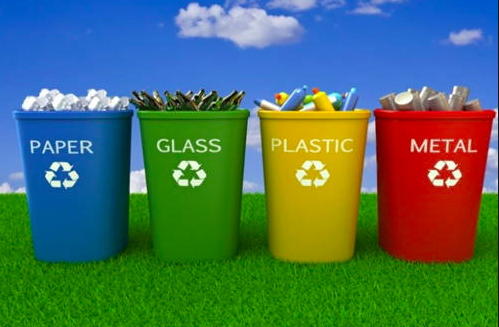
Growing economy, soaring urban population, rising living standards and increasing consumption levels – is what trending in the emerging economies across the globe . With India flourishing on the same grounds, an increase in the purchasing power parity has led to more affordability, accessibility to resource use and a rapid surge in the waste volumes as well. Like many developing countries, India too is struggling with the straining waste management systems adversely impacting the ecological health. Having said that, these increasing waste volumes in the country are formulating a new business segment for the value chain players – making solid waste management all together a different industry practice.Waste processing in India is broadly categorized into liquid, solid, hazardous, and recyclable.(solid Waste,E-waste,Plastic waste,Bio-medical Waste).
As India’s production of waste increases, the country’s government has begun looking to the private sector for help. Municipal bodies mandated with establishing coherent and sustainable waste management systems have been encouraged by the federal government to partner with the private sector. At the same time,states are allocating greater portions of their budget for the development of their infrastructure.